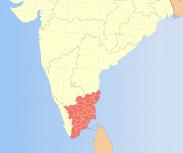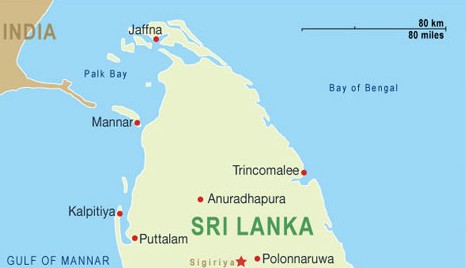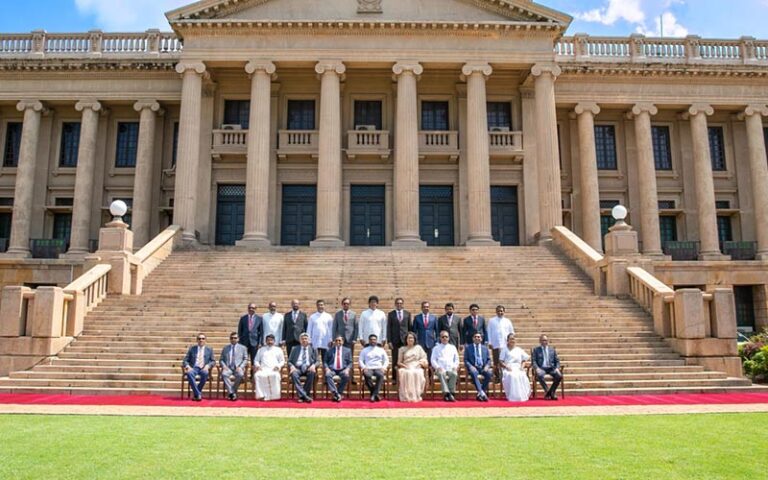 The Anglican Bishop of Colombo has appealed to the Indian Central Government and the Tamil Nadu State Government to stop immediately the acts of violence perpetrated against Lankans visiting TN, and in particular the attacks targeting Buddhist monks, while stating that attacks in Sri Lanka against Christians and Muslims were too many to list out.
The Anglican Bishop of Colombo has appealed to the Indian Central Government and the Tamil Nadu State Government to stop immediately the acts of violence perpetrated against Lankans visiting TN, and in particular the attacks targeting Buddhist monks, while stating that attacks in Sri Lanka against Christians and Muslims were too many to list out.
Following is the text of the statement by Rt. Revd. Dhiloraj Canagasabey, Bishop of Colombo:
“Several incidents of intimidation and violence against Sri Lankans have been reported recently from within and outside the Sri Lanka. The most serious of these has undoubtedly been the attacks on two Buddhist monks in Tamil Nadu state. In the first incident in Tamil Nadu, a group of post graduate archaeology students had been attacked during a study tour to a temple site in Thanjavoor. In the second a group of Buddhist pilgrims who had arrived in Chennai from a visit to sacred sites in North India had been attacked at the Chennai Railway Station. In both instances the monks had been singled out for abuse and physical violence, possibly due to their distinctive dress. Several extremists Tamil groups have been identified as perpetrators of these attacks in India. I appeal to the Central Government of India, and the State Government of Tamil Nadu to stop this act of violence immediately and build on the mutual cordial relationship which we have preserved for many, many years. I expect India as the largest Democracy of Asia to act responsibly and not in a way that would fan the spark of ethnic tension in a country that is still struggling to come out of its painful experiences after 30 years of war.
Within Sri Lanka, attacks in the form of intimidation and violence especially on Christians and Muslims have been too many to list out. The Church of Ceylon (Diocese of Colombo) views with grave concern and denounces this growing and very dangerous trend of sectarian violence. These incidents are yet another manifestation of the fast spreading intolerance and fundamentalist extremism which is engulfing many societies today. It is a reflection of the refusal to listen to people who think believe and act differently from us and to accept their freedom and right to do so. From here it is but a short step to blind and mindless violence against the group or groups we choose to demonize.
While we very rightly condemn such acts by others, we also need to turn the spotlight inwards and reflect on and examine our own failings in this regard. It may be that unconsciously in the practice of our own beliefs and religion we have caused avoidable irritation and offence to those of sister faiths. If these practices are not essential to the core of our beliefs and we can modify them without compromising the essentials of our faith, then we ought honestly courageously to look at doing so.
Secondly we need to ask ourselves if actively or through our silence or indifference we consent to, encourage or participate in intimidation and acts of violence against those others not of ‘our group’. We can hardly demonstrate against and condemn such acts by others against us, if we ourselves condone or participate in similar behaviour against those who are different from us. And here true religion or spirituality calls us to go further beyond the ‘Golden Rule’ or the exhortation of the Asokan Rock Edict “Do unto others as you would that they do unto you” we need to say ‘When my brother is under threat or is fallen, I need to stand by him. For Christians, this compulsion is brought out forcefully by Jesus in the story of the Good Samaritan. All women and men of goodwill and moderation of whichever faith or civil society group they may belong to must join hands and strengthen their commitment to ‘stand by the other’ and to speak on behalf of the threatened, the voiceless, the weak and the helpless.
Finally, we also need to remind those in authority that the protection of all groups in society is the primary duty cast on the state. Grievances of one party against another, real or imagined cannot be settled by mob violence and intimidation on the street. It is for the legally constituted enforcement agencies to look into such grievances impartially and strictly within the bounds of the law, free of all extraneous pressures and to work with all persons of good will towards patiently resolving them. During the past decades we have witnessed in this country the tragedy, huge damage and destruction brought about by the negligence of this primary duty.
We must not repeat the mistakes of the past.”
Source: The Islands (Sri Lanka)




